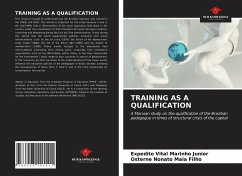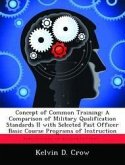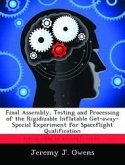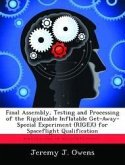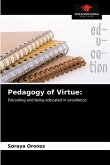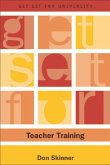This research sought to understand how the Brazilian educator was trained in the 1990s and 2010. This period is important for the study because it was in the mid-1990s that a reformulation of the state apparatus took place in the country under the coordination of then-President Fernando Henrique Cardoso, continuing and deepening during the Lula da Silva administration. It was during this period that the world experienced political, economic and social reformulations, such as the oil crisis (1970); the failure of the Keynesianist state model (1980); the fall of the Berlin Wall (1989) and the advent of neoliberalism (1990). These events brought to the educational field reformulations emanating from various parts, especially from multilateral organizations such as the World Bank, which, today, is the main responsible for the investments / loans made to poor countries in search of development. In this research, we limit ourselves to the understanding of how these events influence the education policies of the pedagogue in Brazil, besides analyzing the consequences of these facts in what is one of the main responsible for humanization: the teacher.

